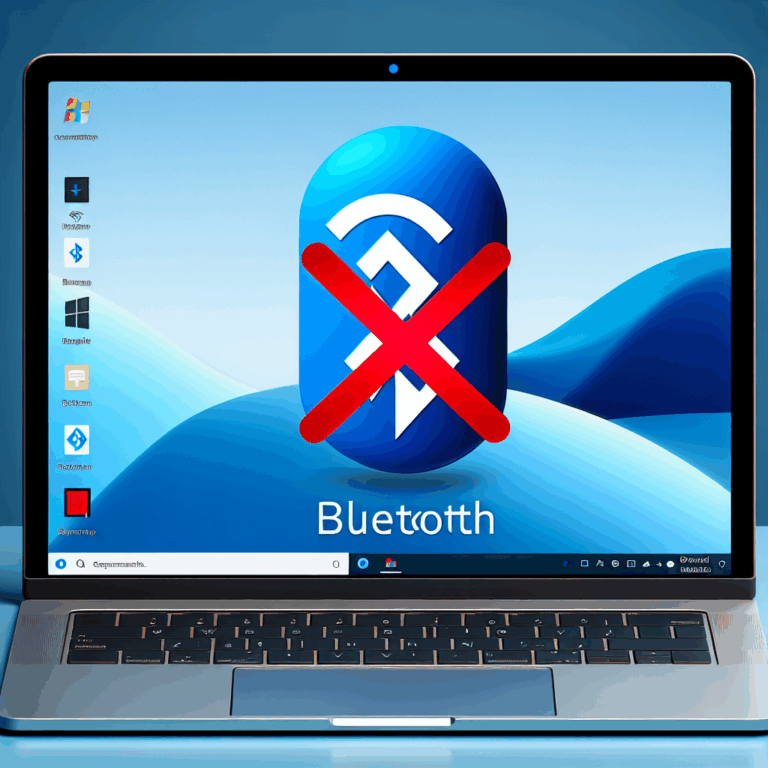Windows 11 Freezes Randomly: Comprehensive Troubleshooting Guide
Overview
Since its release, Windows 11 has introduced a modern interface and performance improvements. However, some users report that their systems freeze randomly—sometimes during simple tasks, other times under heavy load. In this post, we’ll walk you through a step-by-step IT expert guide to identify the root cause and restore system stability.
Possible Causes
- Outdated or corrupted drivers
- Pending Windows updates or patch conflicts
- Faulty hardware (RAM, SSD/HDD, GPU)
- Third-party software conflicts
- Overheating or inadequate power delivery
- Corrupted system files
Troubleshooting Steps
-
Step 1: Verify System Requirements
Before diving into advanced fixes, ensure your PC meets Windows 11 minimum requirements:
- 64-bit CPU with TPM 2.0
- 4 GB RAM or more
- 64 GB storage or more
- DirectX 12-capable GPU
If your hardware falls short, consider upgrading components or rolling back to Windows 10.
-
Step 2: Update Windows and Drivers
Outdated system files or drivers often cause freezes:
- Open Settings > Windows Update and click Check for updates.
- Reboot and repeat until no more updates are available.
- Open Device Manager, expand each category, right-click devices and select Update driver. Focus on graphics, chipset, storage controllers, and network adapters.
-
Step 3: Run System File Checker and DISM
Corrupted system files can lead to random hangs:
- Open Command Prompt as Administrator.
- Run
sfc /scannowand wait for the process to complete. - If issues persist, run:
DISM /Online /Cleanup-Image /RestoreHealth - Reboot after both tools finish.
-
Step 4: Test Memory and Storage
Hardware faults often manifest as freezes.
- Memory Test: Open Windows Memory Diagnostic (mdsched.exe), restart, and let the test run.
- Disk Check: In Command Prompt (Admin), run
chkdsk C: /f /r. Approve schedule on next reboot.
-
Step 5: Perform a Clean Boot
Isolate software conflicts by disabling non-Microsoft services:
- Press Win + R, type
msconfig, and press Enter. - On the Services tab, check Hide all Microsoft services, then click Disable all.
- On the Startup tab, click Open Task Manager and disable all startup items.
- Reboot. If the freezing stops, re-enable services and startup items one at a time to identify the culprit.
- Press Win + R, type
-
Step 6: Check for Overheating and Power Issues
Thermal throttling or power fluctuations can lock up your PC:
- Monitor CPU/GPU temperatures with tools like HWMonitor or Core Temp.
- Ensure fans and heatsinks are dust-free.
- Test with a known-good power supply if you suspect voltage issues.
-
Step 7: Update BIOS/UEFI Firmware
An outdated firmware can cause instability:
- Visit your motherboard manufacturer’s website.
- Download the latest BIOS/UEFI update.
- Follow the vendor’s instructions carefully to flash the firmware.
-
Step 8: Last Resort—Reset or Reinstall Windows
If none of the above steps resolve your freezing issues, back up your data and:
- Use Settings > System > Recovery > Reset this PC to keep or remove your files.
- Perform a clean install with the Windows 11 Media Creation Tool.
Preventive Tips
- Keep your system and drivers updated on a regular schedule.
- Use reliable antivirus software and perform periodic scans.
- Maintain adequate airflow and clean dust from hardware quarterly.
- Avoid installing unverified third-party utilities.
Conclusion
Random freezes in Windows 11 can stem from a variety of software and hardware issues. By methodically following the steps above, you can pinpoint the culprit and restore system stability. If problems persist after a fresh OS install, consider consulting a professional for advanced diagnostics or hardware replacement.

